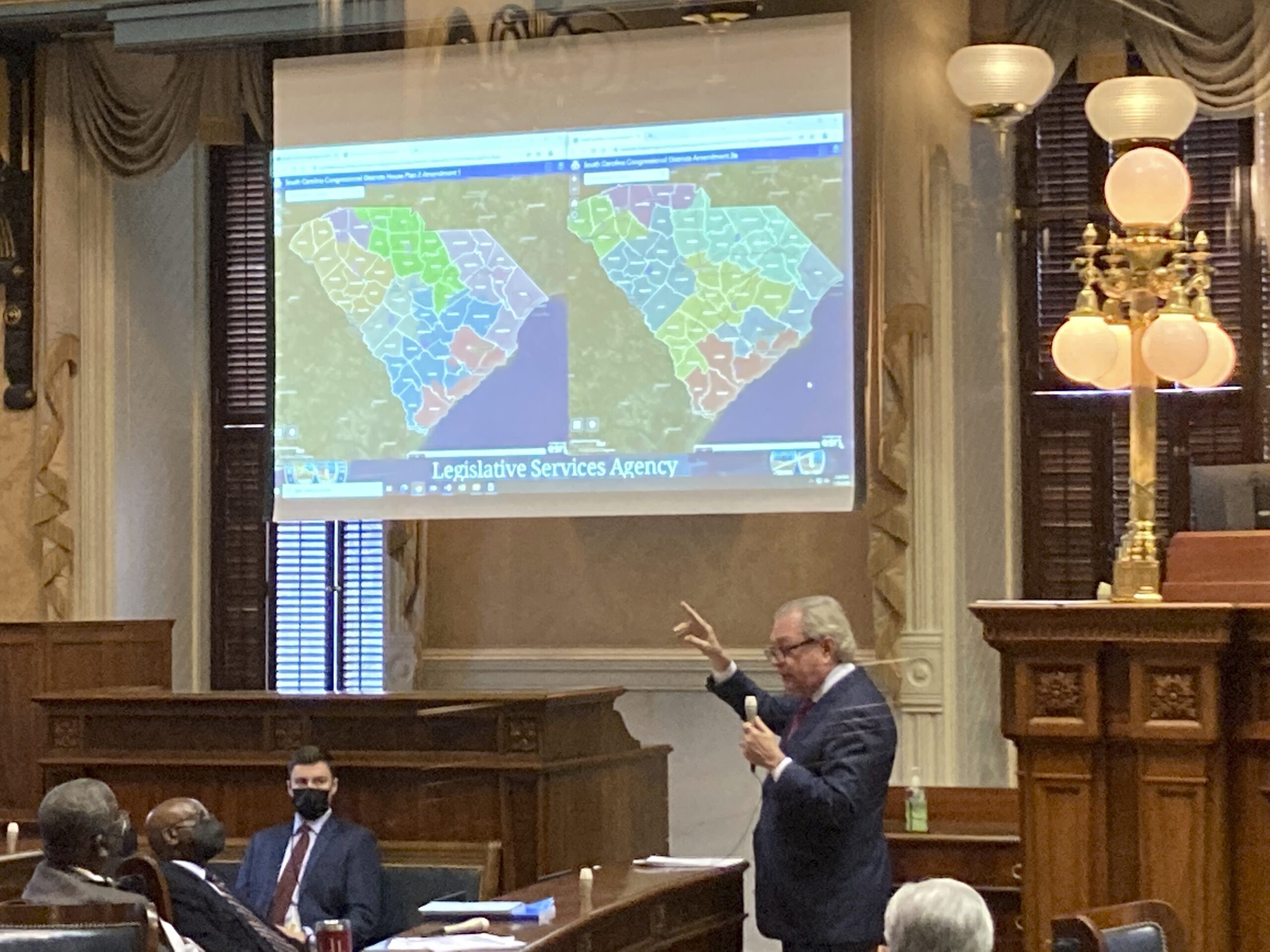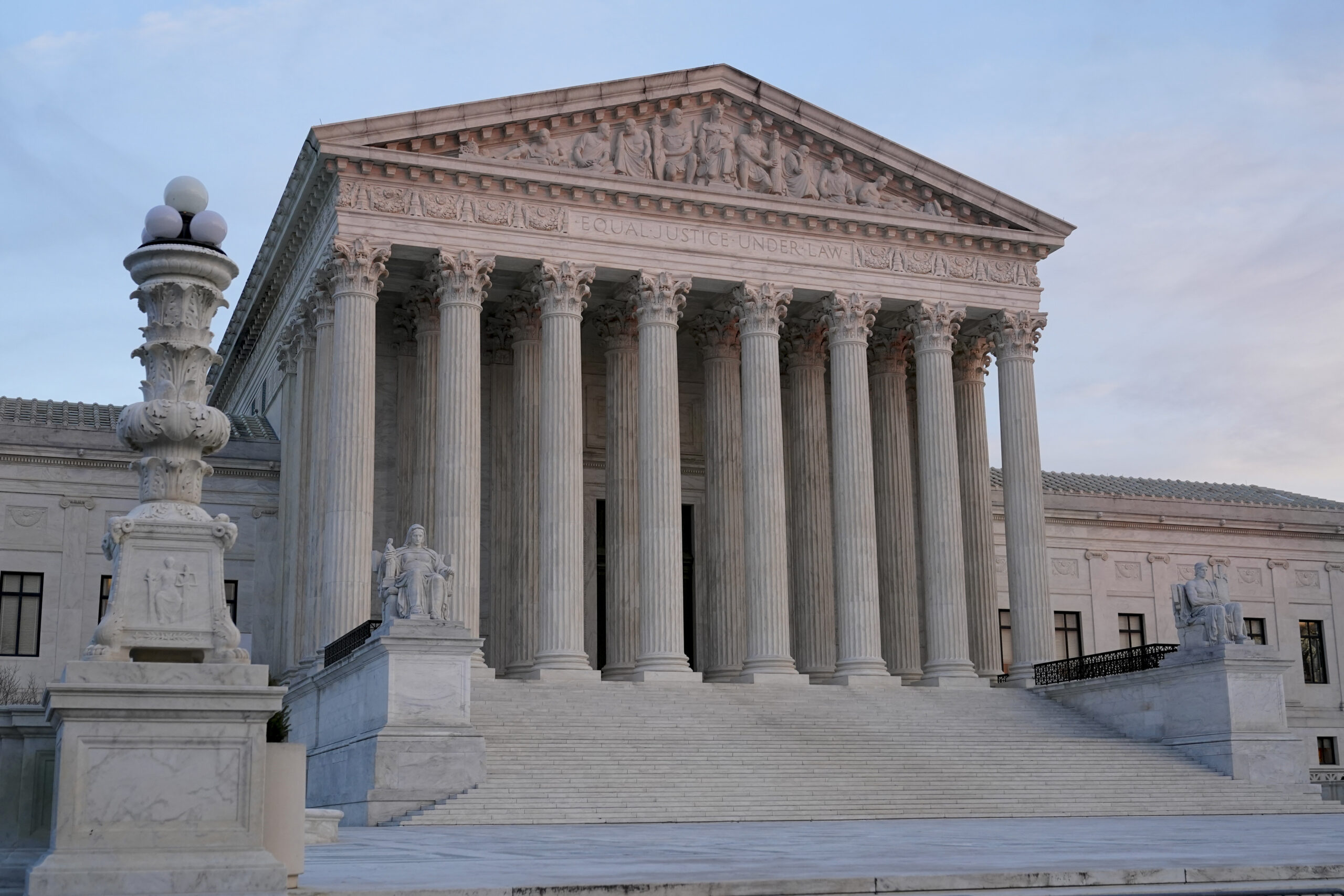The United States Supreme Court has taken up a contentious case involving South Carolina’s political boundaries, as state Republicans are appealing the withdrawal of a district held by Republican Nancy Mace of Charleston County following the 2020 census.
The core of the controversy revolves around allegations of racial gerrymandering, where approximately 30,000 Black voters were purportedly relocated to a different district, diminishing their collective voting strength. Critics assert this move violates the Equal Protection Clause of the 14th Amendment, which prohibits racial discrimination.
South Carolina Senate President Thomas Alexander, who is spearheading the appeal, contends that the redistricting was politically motivated, not racially driven. He has come under fierce opposition from civil rights groups such as the NAACP Legal Defense and Educational Fund, who maintain that the redistricting is a clear-cut example of racial gerrymandering.

The Supreme Court’s decision on this case could potentially have a significant impact on the landmark Voting Rights Act, setting a precedent for future redistricting cases across the country. This case is being watched closely, as it may profoundly influence the fairness of representation in American politics moving forward.
While the outcome of the case is uncertain, it highlights the ongoing national debate over redistricting and the struggle to ensure equal representation for all citizens.
Click play to listen to the report from AURN White House Correspondent Ebony McMorris. For more news, follow @E_N_McMorris & @aurnonline.




